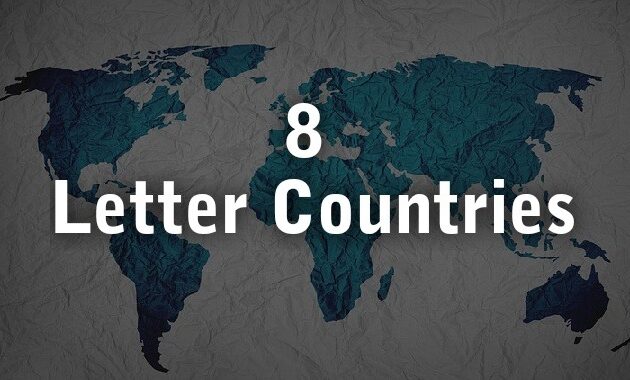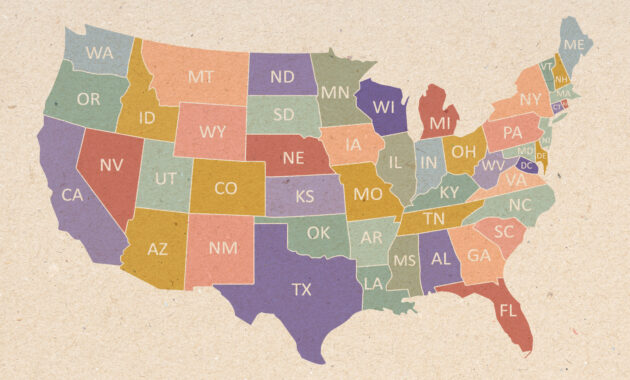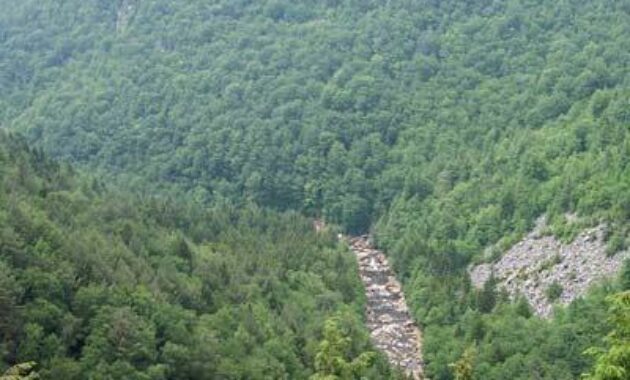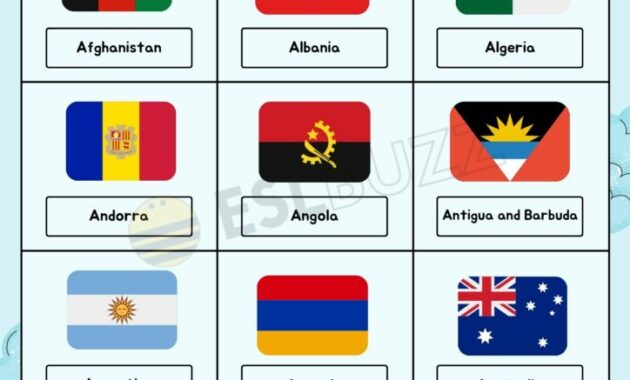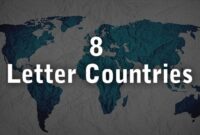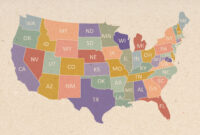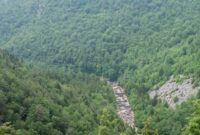Embark on a fascinating journey around the world, exploring countries that begin with the intriguing letter “W”! From island paradises to nations steeped in history and vibrant cultures, the “W” countries offer a diverse tapestry of experiences. Let’s delve into some of these captivating destinations, uncovering their unique characteristics and hidden gems.
Wallis and Futuna

Wallis and Futuna, a French overseas collectivity in the South Pacific, is a cluster of volcanic islands renowned for their pristine natural beauty and rich Polynesian heritage. The islands, comprising Wallis (Uvea), Futuna, and Alofi, offer a tranquil escape from the hustle and bustle of modern life. The pace of life here is unhurried, allowing visitors to immerse themselves in the authentic Polynesian culture and experience the warmth of the local hospitality.
The landscapes of Wallis and Futuna are dominated by lush rainforests, volcanic craters, and pristine coastlines fringed with coral reefs. The turquoise waters surrounding the islands teem with marine life, making it a haven for snorkeling and diving enthusiasts. Traditional villages dot the islands, where locals still practice ancient customs and traditions, offering a glimpse into a way of life that has remained largely unchanged for centuries.
Wallis, the most populous island, is home to Mata-Utu, the capital and administrative center. Here, you can visit the Royal Palace, the official residence of the King of Wallis, and explore the local markets, where you can find traditional handicrafts and sample local delicacies. The island also boasts several ancient archaeological sites, including the Tongan fortress of Talietumu, which offers panoramic views of the surrounding landscape.
Futuna, the second largest island, is known for its rugged terrain and dramatic cliffs. The island is home to Mount Puke, the highest point in Wallis and Futuna, which offers breathtaking views of the surrounding islands and ocean. Futuna is also home to several important religious sites, including the Basilica of Saint Peter Chanel, a pilgrimage destination for Catholics from around the world.
Alofi, the smallest of the three islands, is uninhabited and largely covered in dense rainforest. It is a designated nature reserve and a haven for wildlife, including numerous species of birds, reptiles, and insects. The island is a popular destination for hiking and nature enthusiasts, offering a chance to explore the untouched beauty of the South Pacific.
The culture of Wallis and Futuna is deeply rooted in Polynesian traditions. The local language, Wallisian, is closely related to Tongan and Samoan. Traditional dances, music, and crafts play an important role in the daily lives of the islanders. The kava ceremony, a traditional ritual involving the consumption of a mildly intoxicating beverage made from the kava root, is an important part of social and cultural life.
Wallis and Futuna offer a unique and authentic travel experience for those seeking to escape the crowds and immerse themselves in the beauty of the South Pacific. The islands’ stunning natural landscapes, rich Polynesian culture, and warm hospitality make it a truly unforgettable destination.
Western Sahara
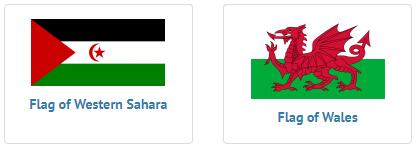
Western Sahara, a disputed territory in the Maghreb region of North Africa, presents a complex and compelling geopolitical landscape. The territory, bordered by Morocco to the north, Algeria to the northeast, Mauritania to the east and south, and the Atlantic Ocean to the west, has been at the center of a long-standing territorial dispute between Morocco and the Polisario Front, a Sahrawi liberation movement seeking independence for the region.
The landscape of Western Sahara is dominated by vast expanses of desert, characterized by arid plains, rocky mountains, and shifting sand dunes. The coastline stretches for over 1,000 kilometers, offering access to rich fishing grounds in the Atlantic Ocean. Despite the harsh climate, the territory is home to a diverse range of flora and fauna, adapted to survive in the arid environment.
The history of Western Sahara is marked by a complex interplay of colonial powers, indigenous populations, and regional conflicts. Originally inhabited by Berber tribes, the territory was colonized by Spain in the late 19th century. In 1975, following the withdrawal of Spain, Morocco and Mauritania annexed Western Sahara, leading to armed conflict with the Polisario Front, which declared the Sahrawi Arab Democratic Republic (SADR) and launched a guerilla war for independence.
A ceasefire agreement was signed in 1991, but the status of Western Sahara remains unresolved. The United Nations maintains a peacekeeping mission in the territory (MINURSO) to monitor the ceasefire and organize a referendum on self-determination for the Sahrawi people. However, the referendum has been repeatedly postponed due to disagreements over voter eligibility.
The economy of Western Sahara is largely based on fishing, phosphate mining, and nomadic pastoralism. The territory possesses significant reserves of phosphate, a key ingredient in fertilizers, which are exploited by Morocco. The fishing industry is also a major source of revenue, with the coastline teeming with commercially valuable species.
The cultural heritage of Western Sahara is deeply rooted in Sahrawi traditions, influenced by Berber, Arab, and African cultures. The Sahrawi people are known for their nomadic lifestyle, their distinctive music and poetry, and their traditional handicrafts. The Hassaniya Arabic dialect is the primary language spoken in the territory.
The ongoing political dispute has had a profound impact on the lives of the Sahrawi people, many of whom live in refugee camps in Algeria. The camps offer basic amenities, but the refugees face numerous challenges, including limited access to education, healthcare, and employment opportunities. International humanitarian organizations provide essential assistance to the refugees, but a lasting solution to the conflict is needed to address the underlying causes of their displacement.
Western Sahara remains a territory of strategic importance, due to its location, its natural resources, and its role in regional stability. The resolution of the conflict is crucial for ensuring peace and prosperity in the Maghreb region and for upholding the right to self-determination for the Sahrawi people.
Worldwide Significance
These “W” countries, though geographically diverse and culturally distinct, contribute to the global tapestry in significant ways. They remind us of the planet’s incredible variety and the importance of understanding and respecting different cultures and perspectives. As we continue to explore and learn about the world, let us embrace the richness and complexity that each nation offers, working towards a future of peace, cooperation, and mutual understanding.
If you are searching about Countries That Start With W – WhatStartsWith.com you’ve visit to the right place. We have 5 Pics about Countries That Start With W – WhatStartsWith.com like What country begins with the letter W?, Countries That Start With W – WhatStartsWith.com and also Countries That Start With W – WhatStartsWith.com. Read more:
Countries That Start With W – WhatStartsWith.com

whatstartswith.com
22+ Country With Letter W – EllaCaitlan

ellacaitlan.blogspot.com
Facts About This Country – Starts With "W"? – GirlsAskGuys
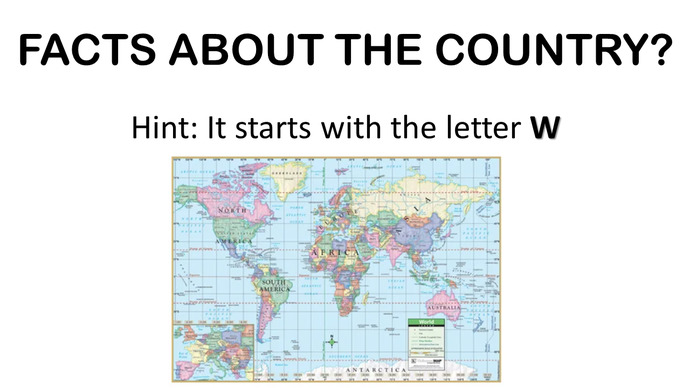
www.girlsaskguys.com
List Of Countries That Start With W

www.naturalhistoryonthenet.com
What Country Begins With The Letter W?

www.colorwithleo.com
22+ country with letter w. Facts about this country. List of countries that start with w







